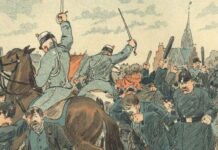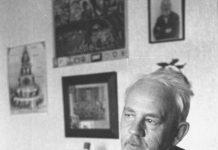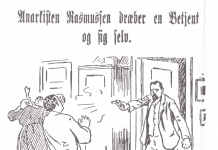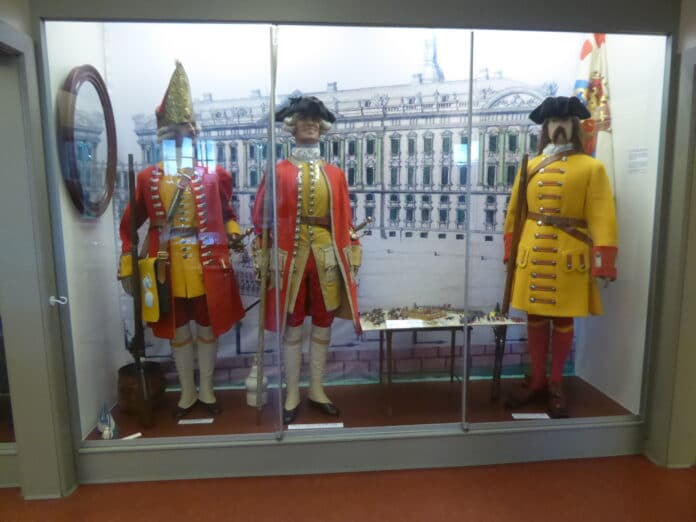
Socialistisk Biblioteks Tidslinje med links til begivenheder og personer i 1658.
Se også Index over personer, organisationer/partier og værker (som bøger, malerier, mm.), steder, begivenheder, mv., der er omtalt på hele Tidslinjen, titler og indhold på emnelisterne osv.
30. juni 1658
Den Kongelige Livgardes fødselsdag. Militaristisk fest- og paradedag.
Se:
- Militarisme (Leksikon.org)
- Militarisme og demokrati… Af Holger Terp (Fred & Frihed – Ikkevold; nr. 3, 1999; på Fred.dk)
3. september 1658
Den britiske “lord Protector” Oliver Cromwell dør i London (født 25. april 1599 i Huntingdon, Cambridge), leder af revolutionen mod kongen og højadelen fra 1640- og af den engelske republik.
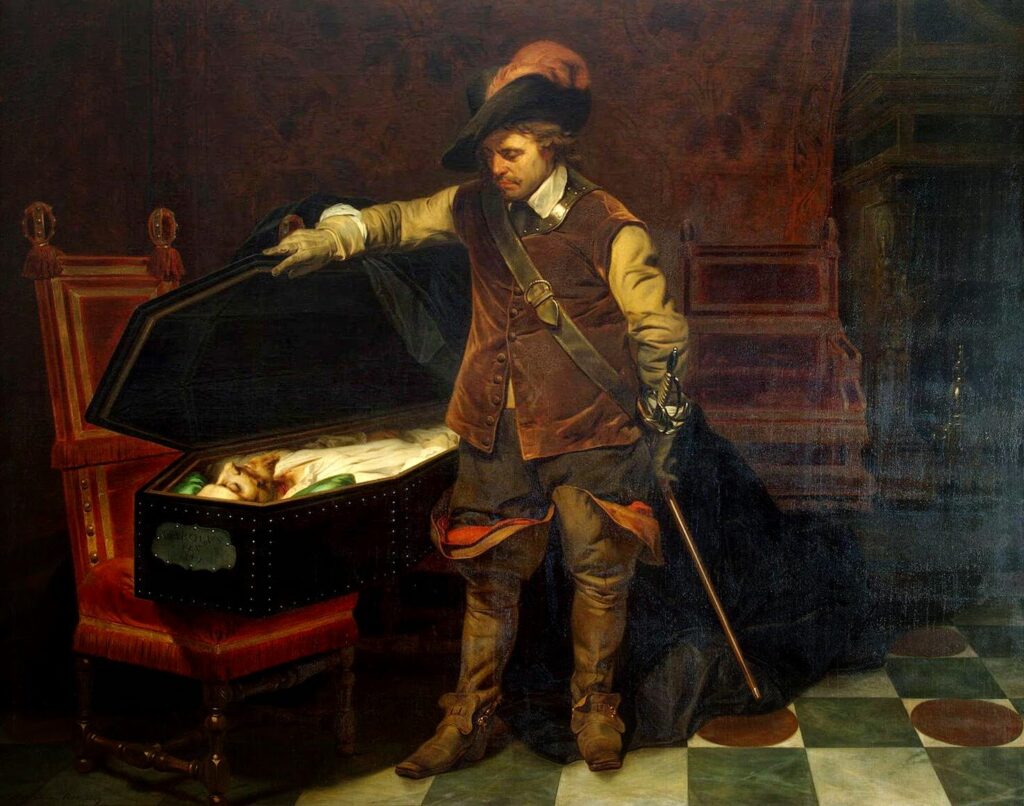
Se:
- Oliver Cromwell (Denstoredanske)
- Oliver Cromwell (Wikipedia.dk)
- Oliver Cromwell (Wikipedia.org)
Cromwell’s Commonwealth: Building the kingdom of the bourgeoisie. By Nye Shaw (Socialist Appeal, July 4, 2023). “370 years ago today, on the back of the English Revolution and the abolition of the monarchy, the short-lived Barebones Parliament was established. Nye Shaw examines the role played by Oliver Cromwell in overthrowing the old feudal order.”
Oliver Cromwell’s legacy. By John Rees (Socialist Worker, Issue 2117, 6 September 2008). “Cromwell was the decisive figure of the English Revolution of the 1640s. He came from that part of society that was to be the engine of the revolution.”
‘The lion of the 17th century’. By Gareth Jenkins (Socialist Review, Issue 229, April 1999; online at Internet Archive). “Oliver Cromwell was the architect of England’s revolution who understood that if society was to develop, the old order had to be overthrown.”
Cromwell and Communism: Socialism and Democracy in the Great English Revolution (1895). By Eduard Bernstein (George Allen & Unwin, 1930/1963, 287 p.; online at Marxists Internet Archive).
Se også på Socialistisk Bibliotek:
Tidslinjen: 3. november 1640, om den engelske revolution.
















